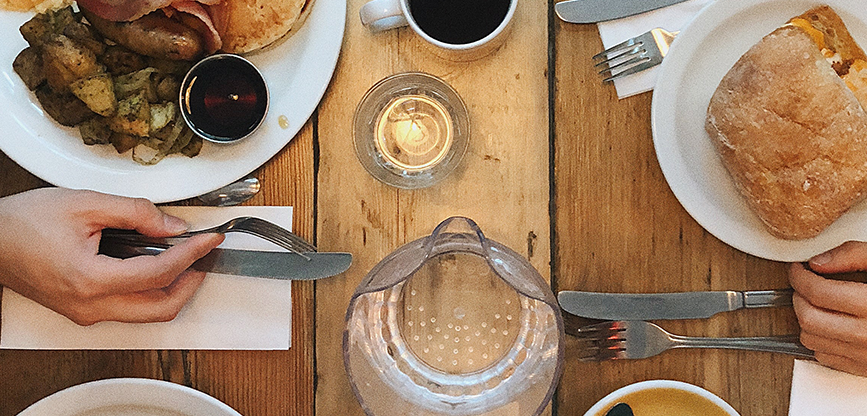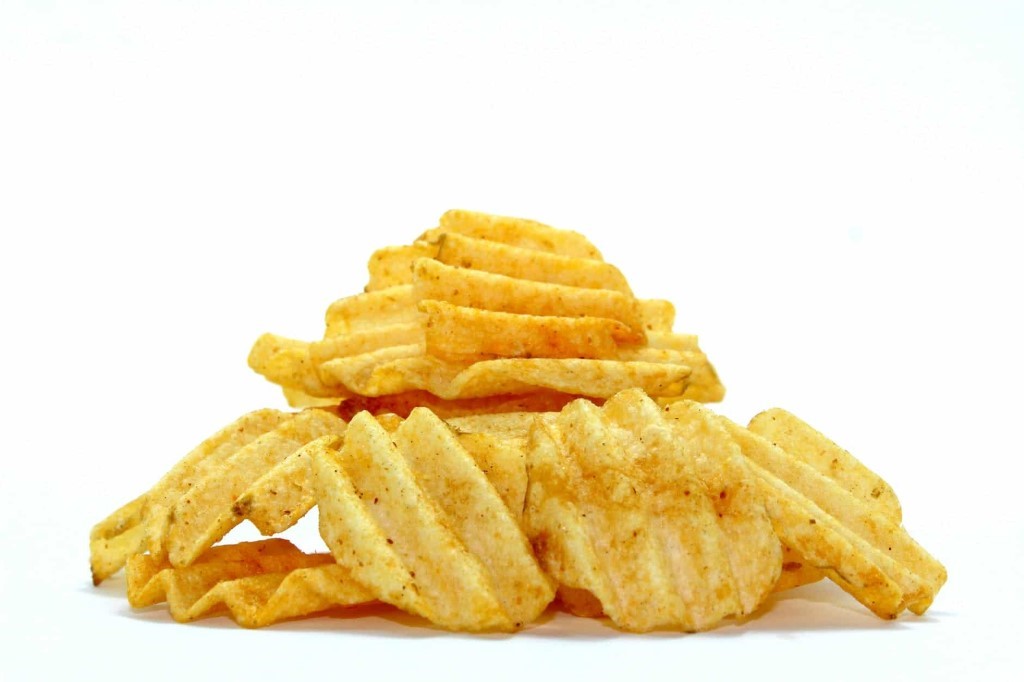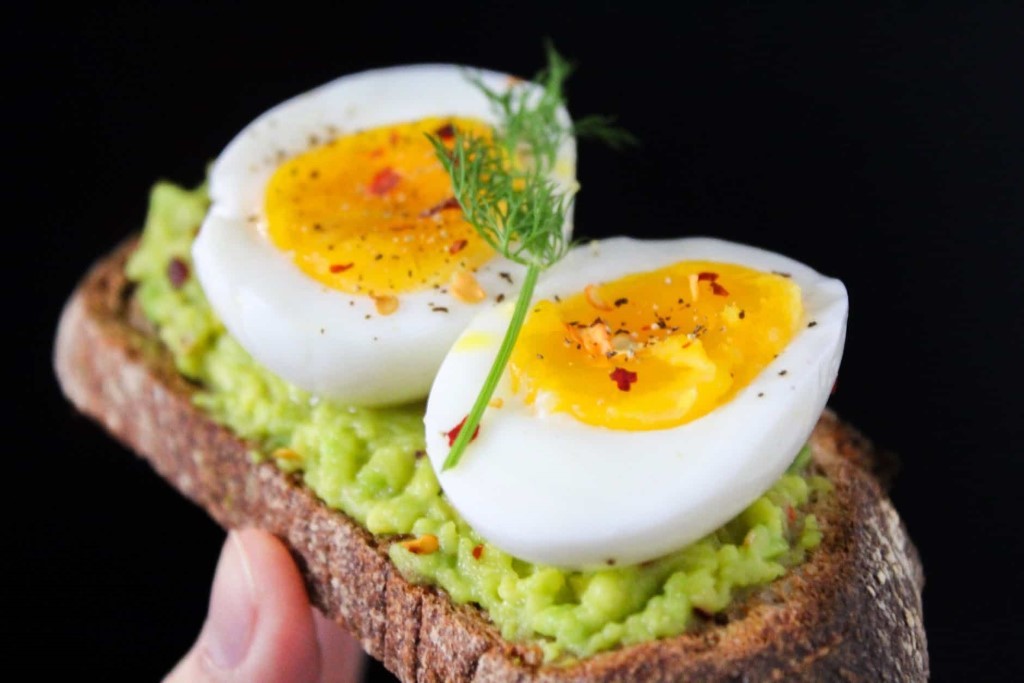
Regular eating is probably not the first thing that comes to mind when you think of achieving your weight loss goals, right? But actually, it is one of the most important tools that you can use to keep yourself on track. Our Health Practitioner, Ellie, is on the blog today to explain why!
Picture this...
You started the day feeling great, really motivated to have a healthy day. You decide to skip breakfast and hold out till lunch. By 11 you're really feeling the hunger and have reached for a piece of fruit. No good, still very hungry. Lunch time, a bowl of soup, healthy right? It's now nearing 4 o'clock and the temptation of the office cakes is becoming near impossible to resist... ok one piece... and maybe a biscuit too. Home time, you arrive back at the house and oh my goodness are you hungry. You reach for the first thing you see in the cupboard, a share bag of crisps, telling yourself you'll just have a few. Next thing you know the packet is empty and you're wondering how this happened. Healthy eating can start tomorrow, and you're already on the phone to order a Chinese.
Sound familiar? We've all been there.

So how can regular eating help us here?
You may have heard the term 'blood sugars'. This simply means the amount of sugar that is circulating in our blood at a given time that is ready to provide us with energy. In an ideal situation we would like to keep our blood sugar levels fairly stable throughout the day, allowing for slight natural fluctuations. When we wake up after a night sleep we have usually gone a good 8-10 hours without any food. Our blood sugar levels will be very low and we may feel physically lethargic. This means it's time to break-the-fast, AKA time for breakfast and get our blood sugar up to a nice level.
By mid-morning we will have digested our breakfast and probably be ready for a little pick me up, a small snack to tide us over until lunch. Similarly in the afternoon, around 4 o'clock you may start to feel hunger creeping back and go for snack number 2 to keep you going until dinner.

So is snacking on biscuits and cake fine?
This is the slightly more scientific part, so stick with me. All carbohydrate containing foods have an allocated GI or 'Glycaemic Index' score. This ranges from 0-100 and indicates the rate at which this particular food will cause our blood sugar to rise. So for example, a piece of cake would have a high GI score and will send our blood sugar levels soaring pretty rapidly. On the other hand a bowl of porridge will have a lower GI score and cause a slow, gentle rise in blood sugar over a longer time frame.
This isn't to say that foods with a high GI are the devil and to be avoided at all costs, but the problem is that these particular foods will sky rocket our blood sugar followed by a dramatic crash. You know when you feed kids sweets and they go loopy for about half an hour then suddenly fall to a slump of exhaustion? This is perfect example of high GI foods causing a dramatic spike and drop in blood sugar. The other issue here is that as soon as we allow our blood sugar to drop too low (e.g. if we haven't eaten in a long time or have experienced a 'crash' after eating very sugary foods) we tend to get that feeling of intense hunger and want to grab the nearest food available to restore our sugar levels. This is when we tend to make less good choices and results in us feeling like failures. And so the vicious cycle of restriction and 'failure' continues.

So what changes can I make?
If you are interested in learning more about nutrition, check out your eligibility for our Eat Well, Lose Weight pathway here
March 18, 2020